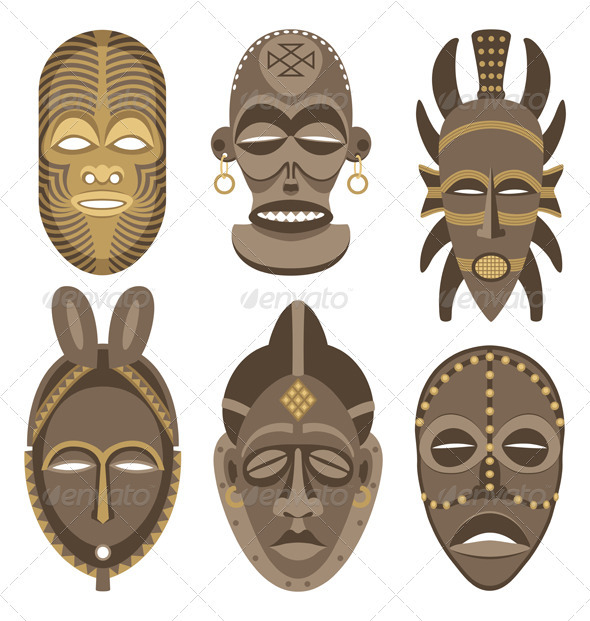LITR 5831
World / Multicultural Literature: Tragedy & Africa

Lecture Notes
Discussion Questions:
1.
Rape of Shavi can be identified with a number of genres:
science fiction,
utopian fiction,
allegory,
melodrama, and more.
How may its narrative be classified as a
tragedy or not? How much does
the presence of
other genres support or conflict with a reading of the
Shavi as
Tragedy?
2. Dramatic tragedies often feature women in central roles but are written almost exclusively by men. Tragic narratives do appear in women's fiction—e.g. Toni Morrison, George Eliot, Emily Bronte. How does woman's authorship inflect tragic narrative and characterization in these and other texts but especially Rape of Shavi?
3. How may The Rape of Shavi exemplify post-colonial fiction, particularly in its moral and political characterizations of the colonizers and colonized? How do the two cultures exemplify modern and traditional ways? May the shift from tradition to modernity be associated with the appearance of tragedy in emergent empires or nations?
4. How may Patayon, Shoshovi, and Asogba exemplify the Oedipal Complex? How may the Oedipal Conflict mediate the shift from tradition to modernity?
5. Who are potential tragic heroes of the novel, with what tragic flaws? Consider Asogba, Flip? May the novel's discussions whether the "other" is human be associated with the tragic flaw?
6. Evaluate Emecheta's style. How much does it resemble Achebe's in its apparent naivete or flat affect? How much may this apparent naivete or artlessness be an artful stratagem?
Default questions: Do texts reflect universal or cultural values (i.e., Western
Civilization or African? Modern or Traditional?)
Discussion Questions:
1.
Rape of Shavi can be identified with a number of genres:
science fiction,
utopian fiction,
allegory,
melodrama, and more.
How may its narrative be classified as a
tragedy or not? How much does
the presence of
other genres support or conflict with a reading of the
Shavi as
Tragedy?
2. Dramatic tragedies often feature women in central roles but are written almost exclusively by men. Tragic narratives do appear in women's fiction—e.g. Toni Morrison, George Eliot, Emily Bronte. How does woman's authorship inflect tragic narrative and characterization in these and other texts but especially Rape of Shavi?
3. How may The Rape of Shavi exemplify post-colonial fiction, particularly in its moral and political characterizations of the colonizers and colonized? How do the two cultures exemplify modern and traditional ways? May the shift from tradition to modernity be associated with the appearance of tragedy in emergent empires or nations?
4. How may Patayon, Shoshovi, and Asogba exemplify the Oedipal Complex? How may the Oedipal Conflict mediate the shift from tradition to modernity?
5. Who are potential tragic heroes of the novel, with what tragic flaws? Consider Asogba, Flip? May the novel's discussions whether the "other" is human be associated with the tragic flaw?
6. Evaluate Emecheta's style. How much does it resemble Achebe's in its apparent naivete or flat affect? How much may this apparent naivete or artlessness be an artful stratagem?
Default questions: Do texts reflect universal or cultural values (i.e., Western
Civilization or African? Modern or Traditional?)

